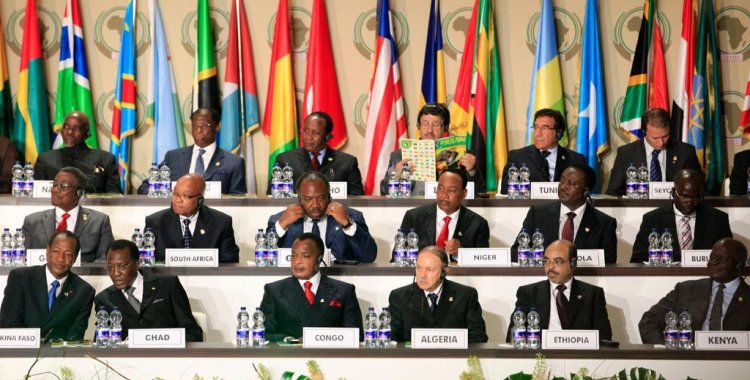“There were very different strategies on the part of African countries to deal with this vast pandemic. Authoritarian countries and democratic countries had similar strategies - in the case of Rwanda and South Africa, they were the first to close the borders, stricter in the implementation of confinement, the recommendation of physical distance measures ", said researcher Ana Lúcia Sá, from ISCTE Center for International Studies (CEI-ISCTE) during an online seminar on Thursday.
"However, what we have been seeing - and that we may see some consequences in the near future - is that all countries that have resorted to the state of emergency and the state of calamity have ended up moving a little towards strengthening authoritarianism ”He added.
The researcher pointed to the case of Equatorial Guinea, where the vice president took control of the pandemic.
“In Equatorial Guinea, the vice president, who took control of this issue, is threatening, with expulsion and reprisals, the representative of the World Health Organization in the country, because WHO data are different from Government data, that is, it is reinforcing the policy of non-transparency, of inequality - not only in access to data, but in the treatment of patients ”, said Ana Lúcia Sá during the seminar“ Africa in times of Covid-19 ”, organized by the CEI -ISCTE and the National Defense Institute (IDN).
The researcher also pointed to the case of Burundi, where the government of outgoing President Pierre Nkurunziza expelled, “without any explanation”, members of the organization in the country, and of Angola, where the state of calamity “implied the strengthening of powers and mechanisms of control by the party ”in power.
Ana Lúcia Sá pointed out that the Civil Service Requisition law, which "is currently being voted on", will make it possible to limit the right to strike and to claim other rights that have been in place since the beginning of the multiparty system in 1992.
“In other words, a country in recession, which faces more and more limitations on the claim of fundamental rights”, as well as “countries that will continue to have to live with endemic diseases, which have never deserved due attention”, citing problems like lack of vaccination.
Researcher Alexandra Magnólia Dias, from the Portuguese Institute of International Relations at the Universidade Nova de Lisboa (IPRI-NOVA), addressed the issue of elections, in which several African countries decided to go ahead with elections, “contrary to the indications of the World Health Organization and contrary African Union nominations ”, as happened in Burundi.
Alexandra Magnólia Dias added that there are several elections scheduled for this year - such as Ethiopia, Burkina Faso, Ghana, Central African Republic, Ivory Coast, Tanzania - that could be postponed, extending the current mandates.
For Ana Lúcia Sá, the covid-19 "is one more excuse, among so many others that there is and that there has always been in several countries for not holding elections that are scheduled".
Researcher Fernando Jorge Cardoso, also a researcher at CEI-ISCTE and coordinator of the Marquês de Valle Flôr Institute (IMVF), considers that a postponement represents a “good policy on the part of governments”, although there may be “bad intentions on the part of many their".
“I have no idea if, in terms of this year, I would be able to hold elections reliably, whatever it was. Therefore, I think that a good policy - perhaps with bad intentions on the part of many of them - will be the non-holding of elections, because they will be a total and complete fraud ”, said Fernando Jorge Cardoso.
The researcher adds that the pandemic represents "the worst time for elections" because it happens at a "time when people would be afraid to vote".







